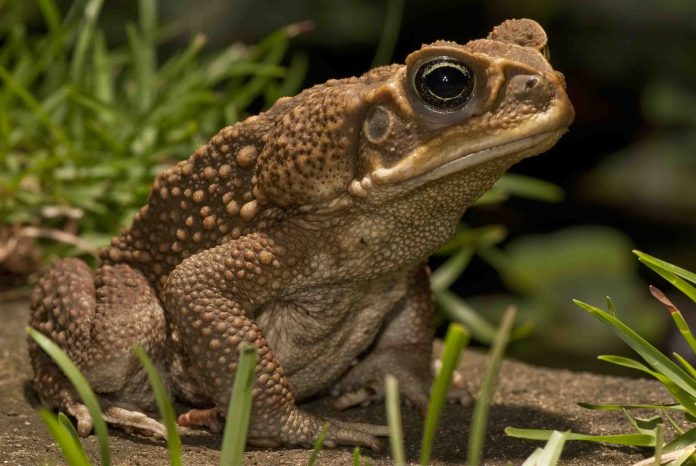Article by Etnia Nativa call us 592 2702 and book your experience!
Etnia Nativa, through Island Insight, shares native cultural awareness, educates, safeguards Aruba’s heritage, and encourages readers to experiment with an island keeper state of mind. Discover true destination values hidden behind our beaches, and since this native cultural blog get more reasons to love Aruba. This episode will discuss the symbolism of the frog and its representation in various cultures.
The frog is generally associated with the water element and its cleansing attributes. Different cultures associate the frogs with fertility due to the large number of eggs they lay, which is related to abundance.
In the oldest cultures, words such as luck, purity, rebirth, renewal, fertility, and leadership are related to frogs. In Egypt, Heket was a god with the head of a frog, and this was related to fertility and births. The Celts viewed the frog as the lord possessor of the land and believed that it represented healing and leadership powers due to its connection to water and rain.
In Japan, the frog is seen as a symbol of good luck, so it is common to see a frog amulet in any bag or purse to avoid losing money, especially for travelers whose crossing involves crossing a sea or river. In relation to the fact that travelers carry a frog amulet with them, it is because the word “frog” in Japanese is “kaeru,” which also means to return in Japanese.
In current Western beliefs, it is thought that frog amulets can help us in different transitions in relation to vital stages of our lives: when we need an element that provides us security and when we want to improve our intuition, strength, and connection with the spiritual world.
Frogs play a variety of roles in Native American mythology, depending on the tribe. In some tribes, frogs are considered medicine animals that have healing powers and the ability to bring rain. In others, they are associated with disease and bad luck. To the Anishinabek tribes, who are resident in what are now Canada and the United States, frogs represent transformation and growth. To Northwest Coast Native people, frogs are associated with springtime and renewal. In some Southern California cultures, the frog is a major mythological character who killed their creator god with evil witchcraft. And among indigenous tribes of Panama, such as the Guaymi and Kuna tribes, the rare golden frog is considered a fertility animal and is associated with wealth and a happy afterlife.
The frog is a symbol of: cleansing, renewal, rebirth, fertility, abundance, transformation, metamorphosis, life, ancient wisdom, and poison.
Even though the cane toad, which is associated with rituals and hallucinations, is present on the island and has been here for a long time, the dori is Aruba`s only endemic frog species and an ancestral fertility totem.
The association with the rainy season explains it all. Happy Dori`s sing all night in celebration of the coming harvest abundance. Therefore, during these rainy days, it is ideal to try to spot one, or at least hear the dori sing its hypnotic song, calling for a mate.
The frog, as a spirit animal or totem, reminds us of the transient nature of our lives. As a symbol of transition and transformation, this spirit animal supports us in times of change. Strongly associated with the water element, it connects us with the world of emotions and feminine energies, as well as the process of cleansing, whether it’s physical, emotional, or more spiritual in essence.
Now, are you intrigued by Aruba`s origins and our cultural heritage? We encourage you to do something different outside of the tourist grid. Become one of the exclusive visitors to Etnia Nativa`s private residential encounter set up, where you will be able to touch and be touched by authentic Aruba heritage, a spectacle of native art, archaic as well as archaeological artifacts, lithic tools, colonial furniture, and other items. Get inside a recycled environment full of peace and relaxation, knowledge, and information.
Etnia Nativa is, since 1994, the home of Anthony, our acclaimed columnist, native artist, and island expert, who is a guide and lectures through his resplendent home. This is the only place to recreate and be introduced to an authentic glimpse of Aruba’s native culture. Something completely different for a change—a contemporary Native Aruba experience!
Appointment is required; + 297 592 2702 or etnianativa03@gmail.com

















